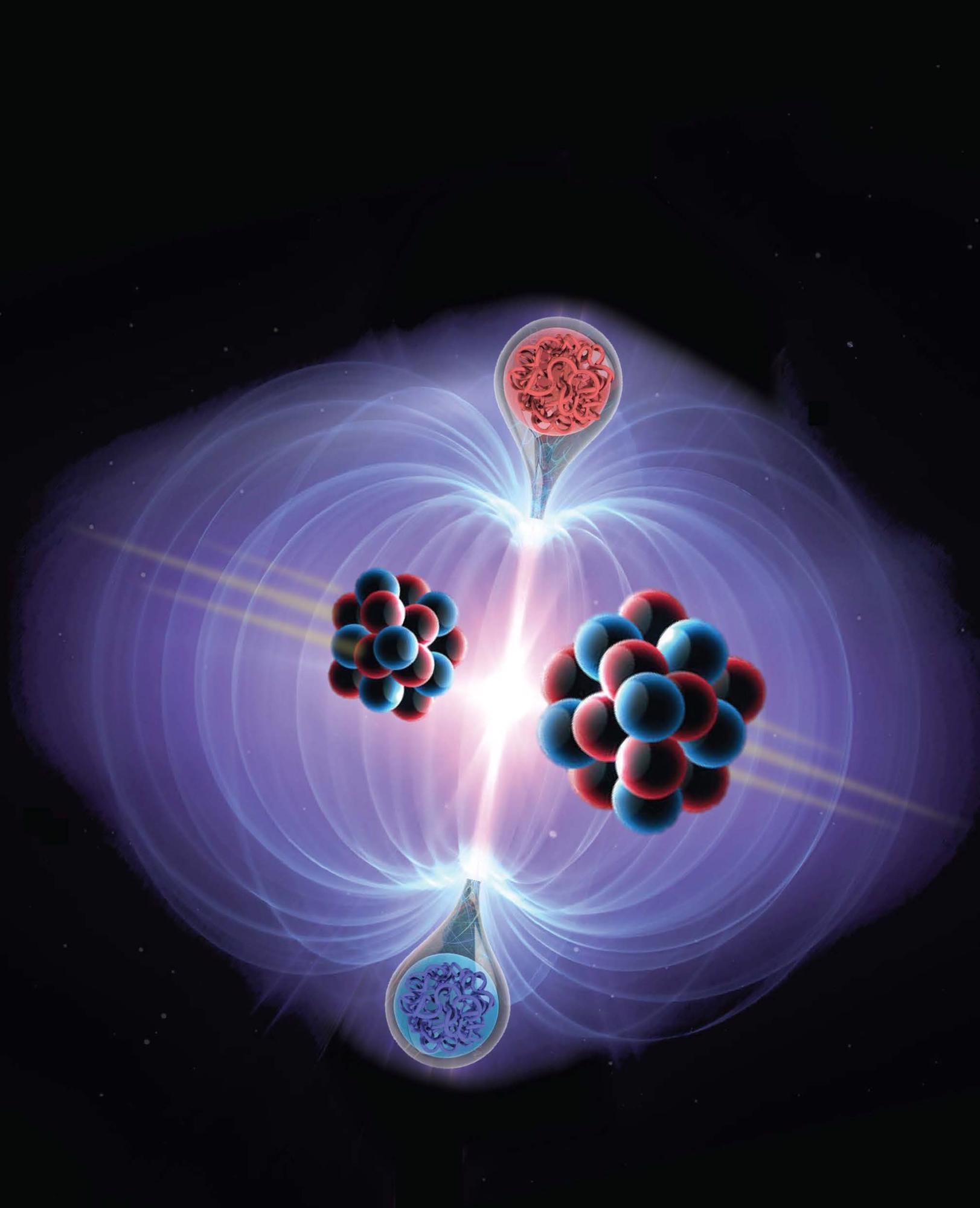
Image Credit: University of Nottingham.
Researchers from the European Organization for Nuclear Research (CERN) and physicists from the University of Nottingham and Monopole and Exotics Detector (MoEDAL) utilized the Large Hadron Collider to study a production mechanism that has been theorized by Julian Swinger, a Nobel Prize-winning American Physicist.
The team is looking for magnetic monopoles and hypothetical fundamental particles having only one magnetic pole anticipated by several theories, but not yet detected.
Verifying their presence would be transformative for physics, thereby proving that there are laws of nature that are not captured by the presently ruling theory of physics, the Standard Model, and enabling the probing of new laws in unique approaches.
This specific monopole search was pioneering and opened a new, promising avenue for further searches. Ours was the first search where magnetic monopoles with finite size–the type predicted by recent theories–were realistically detectable, and while we did not find any, we were able to set the first reliable limits on the monopole’s mass.
Igor Ostrovskiy, Study Corresponding Author and MoEDAL Physicist, University of Alabama
The team looked for magnetic monopole production in the collisions of bulky ions on the world’s biggest and strongest particle accelerator. The collisions produced powerful magnetic fields, stronger compared to those of fast-spinning neutron stars, and such strong fields could cause the spontaneous making of magnetic monopoles through the Schwinger mechanism.
A big advantage of the Schwinger mechanism is that we can calculate its rate more reliably than for any other production processes explored at the LHC so far. This gives us a good idea about how many monopoles should be seen by the experiment as a function of their mass and magnetic charge. And since none have been seen, we can reliably say that magnetic monopoles must be heavier than a certain value.
Oliver Gould, Research Fellow, University of Nottingham
Gould performed theoretical calculations for this search.
For magnetic monopoles to be detected, the MoEDAL scientists utilized a superconductive magnetometer to scan the detector modules vulnerable to the LHC lead–lead collisions for signatures of trapped magnetic charge.
Having no signs of the signal, the scientists were capable of eliminating the proof of monopoles lighter to 75 GeV/c2, where c is the speed of light, for magnetic charges varying from 1 to 3 base units of magnetic charge.
The search for magnetic monopoles has a rich history, bound up with many theoretical proposals in particle physics. Yet this is the first experiment that has enabled us to deduce explicit constraints on the properties of any possible magnetic monopoles. Doing so relied on the close collaborations between theorists and experimentalists.
Oliver Gould, Research Fellow, University of Nottingham
Journal Reference:
Acharya, B., et al. (2022) Search for magnetic monopoles produced via the Schwinger mechanism. Nature. doi.org/10.1038/s41586-021-04298-1.